Mozambique: Parliament Speaker Talapa visits Russia
Due to Covid-19, Mozambican economy shrank in 2020
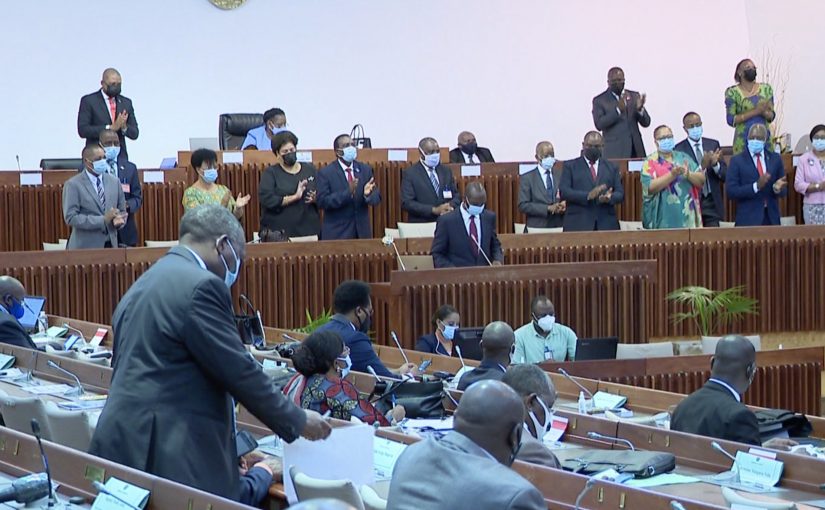
Photo: TVM
Mozambican Prime Minister Carlos Agostinho do Rosario on Wednesday told the Mozambican parliament, the Assembly of the Republic, that, thanks to the Covid-19 pandemic, in 2020 the Mozambican economy had shrunk for the first time in 30 years.
Answering deputies’ queries about the government’s handling of the pandemic, Rosario said that the GDP growth rate in 2020 had been minus 1.3 per cent, compared with positive growth of 2.2 per cent in 2019.
This was not particularly surprising since negative growth rates were being experienced across the globe. “It is estimated that in 2020 the world economy shrank by 3.5 per cent, and the African economy by 2.1 per cent – the largest economic contraction on our continent for the past 50 years”, said Rosario.
Among the problems facing Mozambique, he added, was a depreciation of the national currency, the metical, against other currencies, notably the US dollar. He blamed this largely on the strong demand for foreign currency to import goods and services.
Rosario said the government had taken fiscal and monetary measures “to guarantee macro-economic stability”. The latest of these was a sharp increase in interest rates by the Bank of Mozambique.
The Prime Minister claimed that, as a result of these measures, there was already a gradual stabilisation of the metical on the exchange market, leading to hopes of price stability.
Rosario said that in January and February Mozambique, like many other countries, had been hit by a “second wave” of Covid-19. In those two months, the average monthly number of infections was 20,161, the average number of hospitalisations was 922, and the average death toll was 237.
These figures were extremely high, said Rosario, since from March to December 2020, the average monthly number of infections was only 1,864, hospitalisation were running at an average of 80 a month, and the average monthly death toll was 17.
The rapid spread of Covid-19, put enormous pressure on the health service, added the Prime Minister, and so the government stepped up its preventive measures, particularly in Maputo. But this stopped short of a total lockdown, “because in the management of Covid-19, our government is seeking to ensure a balance between public health and the functioning of our economy”.
“With this approach, we are trying to minimise the impact of the restrictive measures on households, and on the productive sector”, he added.
The government had also increased the number of intensive care beds in health units, to cope with the growing number of Covid-19 patients. It had also, “as an exceptional measure” recruited additional health professionals and support staff.
Vaccination against Covid-19 began on Monday, said Rosario, and to date 684,000 doses of vaccine had arrived in the country – 200,000 doses from China, 100,000 doses from India and 384,000 provided under the Covax initiative.
But nobody should imagine that the battle against Covid-19 could be won solely by vaccination. The vaccines, said Rosario, are complementary to the basic preventive measures, such as regular hand washing, social distancing and the use of face masks.
“Each one of us must continue to play our role so that together we win this tough battle against the Covid-19 pandemic”, he stressed.
While fighting the pandemic, Mozambique was also faced with islamist terrorism in the northern province of Cabo Delgado, and attacks by the self-styled Renamo Military Junta in the centre of the country.
But Rosario believed the situation in Cabo Delgado is improving. “There is a trend to a gradual return to public stability and security, thanks to the courage of our defence and security forces”, he said.
Rosario called for “the union and cohesion of all Mozambicans in the struggle without quarter against terrorism, the enemy of our development and welfare”.
He urged all those who had been deceived into joining the terrorist groups to heed the appeal of President Filipe Nyusi “to return without any fear so that together with your families and communities, you can participate in the development of the country”.
The government, Rosario added, remains committed to the demobilisation and disarming of the Renamo militia, and reintegrating its members into Mozambican society. To date, 1,490 former Renamo guerrillas has been demobilised, and over 700 more should be demobilised this week.
The Prime Minister called on members of the Renamo Military Junta, and their leader, Mariano Nhongo “to join this irreversible process”.


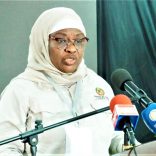
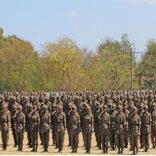
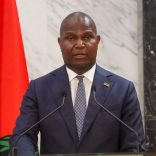
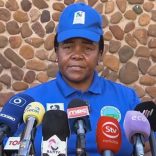







Leave a Reply
Be the First to Comment!
You must be logged in to post a comment.
You must be logged in to post a comment.